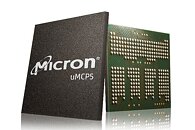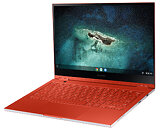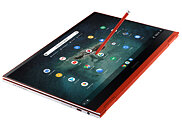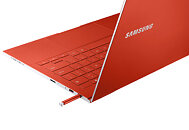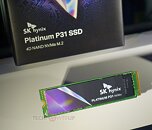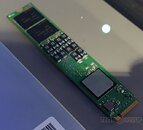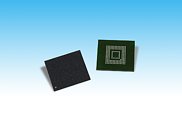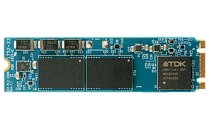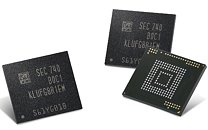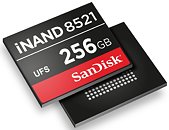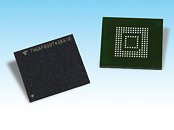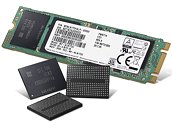NAND Flash Revenue for 3Q20 up by Only 0.3% QoQ Owing to Weak Server Sales, Says TrendForce
Total NAND Flash revenue reached US$14.5 billion in 3Q20, a 0.3% increase QoQ, while total NAND Flash bit shipment rose by 9% QoQ, but the ASP fell by 9% QoQ, according to TrendForce's latest investigations. The market situation in 3Q20 can be attributed to the rising demand from the consumer electronics end as well as the recovering smartphone demand before the year-end peak sales season. Notably, in the PC market, the rise of distance education contributed to the growing number and scale of Chromebook tenders, but the increase in the demand for Chromebook devices has not led to a significant increase in NAND Flash consumption because storage capacity is rather limited for this kind of notebook computer. Moreover, clients in the server and data center segments had aggressively stocked up on components and server barebones during 2Q20 due to worries about the impact of the pandemic on the supply chain. Hence, their inventories reached a fairly high level by 3Q20. Clients are now under pressure to control and reduce their inventories during this second half of the year. With them scaling back procurement, the overall NAND Flash demand has also weakened, leading to a downward turn in the contract prices of most NAND Flash products.


